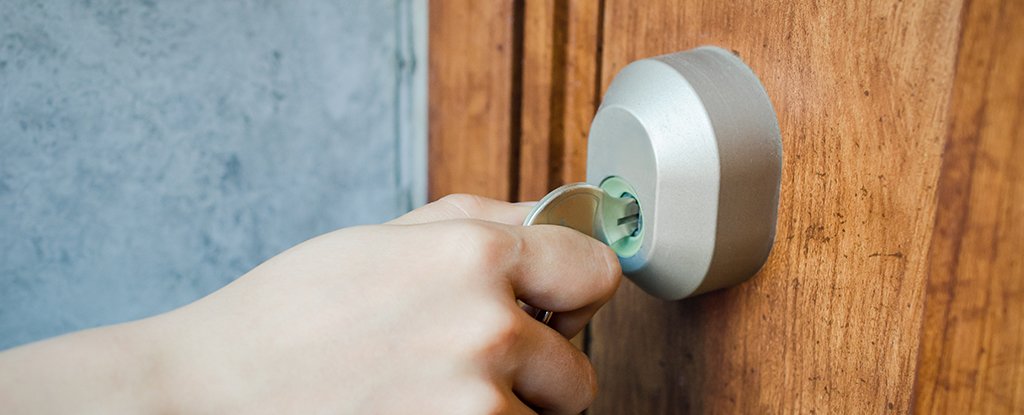
The sound of a key sliding into a lock could be sufficient data to possibly make a duplicate of that key and open the lock – that is the finish of scientists who've been exploring "acoustics-based physical key induction".
It bodes well, all things considered: the snaps and clatters of a key drove into a pin tumbler lock really uncover the instrument inside, in the event that you can back off, confine, and dissect the sounds with enough precision.
Pulling off a stunt like this would require a ton of work and gear, and would presumably wind up being more problem than figuring out how to pick the lock in the conventional manner - yet it's a captivating and abnormal security escape clause to contemplate.
"Our examination bunch use data from the physical condition that is apparently of no utility, to either grow better applications or bargain existing ones," PC researcher Soundarya Ramesh from the National College of Singapore told Interchanges of the ACM.
"In this way, we started to think about whether we can use the sound created during key inclusion, which has no utility of its own, to bargain physical lock security."
Keys draw in pin tumbler locking instruments by utilizing bittings (fixed focuses) to push up a progression of pins to fluctuating degrees, with the goal that the pins are for the most part effectively adjusted and the lock can turn. As the edges of the key move the pins all over, it makes a progression of clicking sounds.
By planning these discernible snaps, the state of the key can be deduced, the group has exhibited in their evidence of-idea reenactment. The snap timings uncover the separations between the bittings, at that point an extra calculation utilizes these separations in addition to the confinements of the key plan – the fixed edges of the key edges – to limit the quantity of conceivable outcomes.
The group's framework is called SpiKey, and keeping in mind that it's not totally precise, it delivers various competitor keys that can be attempted. In uncommon cases there can be upwards of 15 applicant keys, however the most continuous final product is having three competitor keys, one of which will work.
The maths is somewhat muddled, however of the 586,584 potential key blends for a 6-pin lock, around 56 percent (330,424) are helpless against a SpiKey assault, as indicated by the group's computations and models. Of those 330,424 prospects, 94 percent of blends can be decreased to under 10 up-and-comer keys.
Driving their thought further, the scientists bring up that making a sound chronicle of an entryway being opened should be possible without pulling in as much consideration or doubt as really attempting to pick the lock. When the key is made, opening the entryway is snappy, and should be possible as regularly varying.
It's a great stunt, however there are constraints to make reference to: the first key must be embedded into the lock at a consistent speed with the goal that the key bittings can be turned out to be, for instance. It additionally just works with pin tumbler locks, which are only one sort of lock, though a universal one.
The scientists additionally bring up that for utilizing a cell phone to record the sound of the opening procedure, the telephone should be quite near the lock – which, uh, is probably going to draw in doubt. Shrouded amplifiers or hacking somebody's telephone or other contraption to make the chronicle are elective prospects, the group notes.
While the hack is fairly muddled in its ebb and flow structure, it is in any event conceivable - and it's the resourcefulness of security analysts who attempt to foresee potential weaknesses that at last can make every one of us more secure. (Or on the other hand give potential hoodlums new thoughts.)
"SpiKey naturally gives numerous favorable circumstances over lock-picking assaults, including bringing assailant exertion down to empower a layman to dispatch an assault without raising doubt," finish up the scientists in their paper.
The research has yet to be peer-reviewed but has been presented at the International Workshop on Mobile Computing Systems and Applications (HotMobile 2020) in Texas. You can read a paper on the work here.






No comments